Nationalism – Rise and Impact
Until the French revolution, except for Britain, the Europe was under the domination of feudal system and there was no concept of a Nation. There were empires with scattered territories ruled by Monarchs, there existed feudal lords with their estates and there were towns and cities, but no Nation, as we understand it today.
French revolution gave the concept of a Nation, which was sum total of people & in whom lay the sovereignty. Thus, Nationalism came to be represented as self-rule due to the French and American revolutions.
Misuse by Absolute Monarchs
When Napoleon invaded the rest of Europe, nationalism manifested in form of the desire to protect the territory against foreign invasion. Thus, Monarchs used nationalism to consolidate their hold on power & 19th century Europe witnessed aggressive Absolute Monarchies with focus on extension of territory and expansion of colonial empire.
After Napoleonic wars, Europe saw waves of pro-democracy revolutions, but Monarchies were opposed to the democratic ideas of French revolution, and they used nationalism as a shield to defend and even extend their empires. War victories and admission of more colonies were used to maintain the hold on power.
Role of Revolutionary Thinkers
Modern thinkers contributed a lot to the concept of nationalism. Greece became independent from Ottoman Empire in 1832, while Belgium’s pro-democracy revolution against United Kingdom of Netherlands helped it attain independence in 1839.
The movement for unification of Germany and Italy derived much of their energies from the ideas of these thinkers. These thinkers enthused the people to lend their support to their armies, freedom fighters and monarchies alike for sake of Nation’s glory.
Industrial Revolution & Nationalism
The Industrial Revolution in Europe during the 19th century increased the national competition in economic sphere and brought the nation-states in conflict with each other for acquisition of colonies.
📈 Rise of Nationalism – Key Factors
-
Decline of Feudalism and Monarchies
-
Growth of centralized states fostered a sense of unity and identity.
-
-
French Revolution (1789):
-
Spread the ideas of liberty, equality, fraternity, igniting nationalist sentiments across Europe.
-
-
Napoleonic Wars:
-
Though France occupied many European countries, Napoleon’s actions unintentionally spread national consciousness.
-
-
Romanticism and Cultural Revival:
-
Thinkers, poets, historians, and artists glorified national traditions, folk culture, and history.
-
-
Industrial Revolution:
-
Created a common economic interest and helped unify regions.
-
-
Resistance to Foreign Rule:
-
In colonies, nationalism grew as a response to imperialism (India, Latin America, Africa).
-
🌟 Impact of Nationalism
In Europe:
-
Unification of Germany (1871) and Italy (1861).
-
Ended multi-ethnic empires like Austro-Hungarian and Ottoman Empires.
-
Contributed to World War I due to ethnic tensions and aggressive nationalism.
In Colonies:
-
Sparked freedom movements:
-
Indian National Movement
-
African anti-colonial struggles
-
Latin American independence
-
Global Legacy:
-
Formation of nation-states.
-
Promotion of democratic ideals and constitutionalism.
-
Also led to intolerance, ethnic conflicts, and ultra-nationalism in some regions.
For more updates, explore the Ancient India History. Feel free to share your thoughts and comments.
If you’re passionate about building a successful blogging website, check out this helpful guide at Coding Tag – How to Start a Successful Blog. It offers practical steps and expert tips to kickstart your blogging journey!
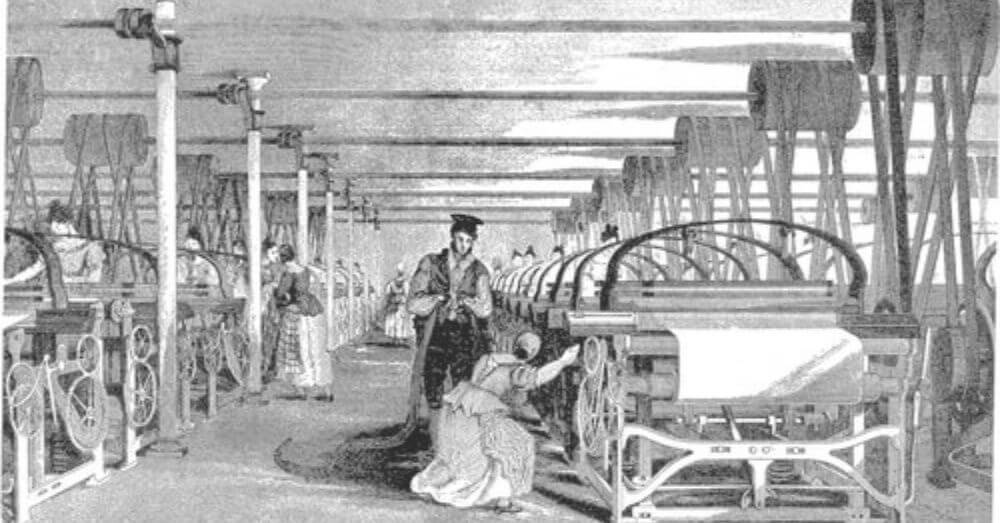
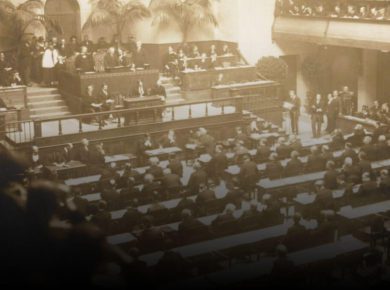

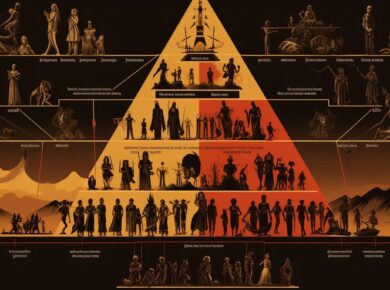
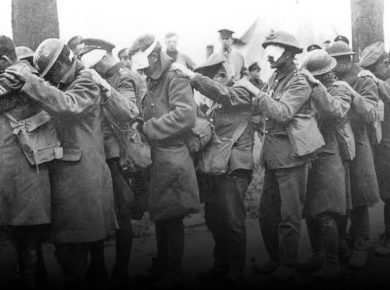
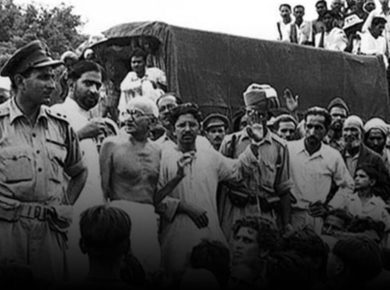
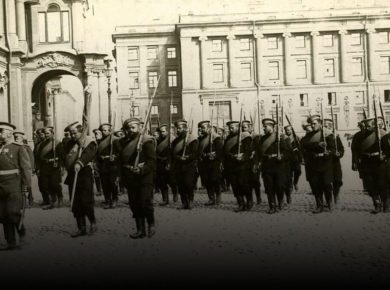
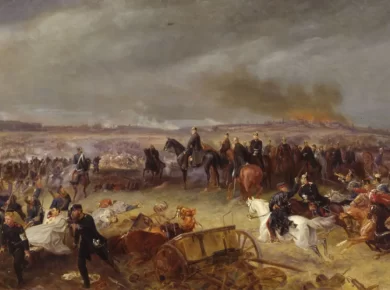
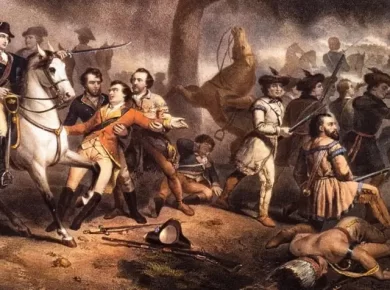
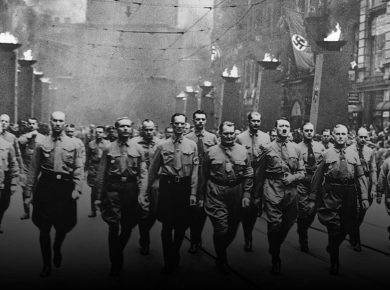
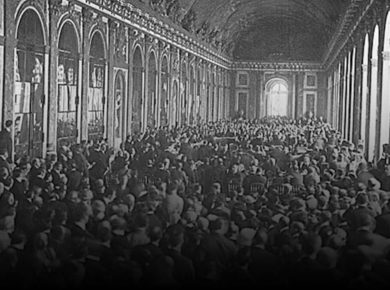
3 comments
thankyou very much to share the knowledge.
*Saini
This is copy paste of VisionIAS material!